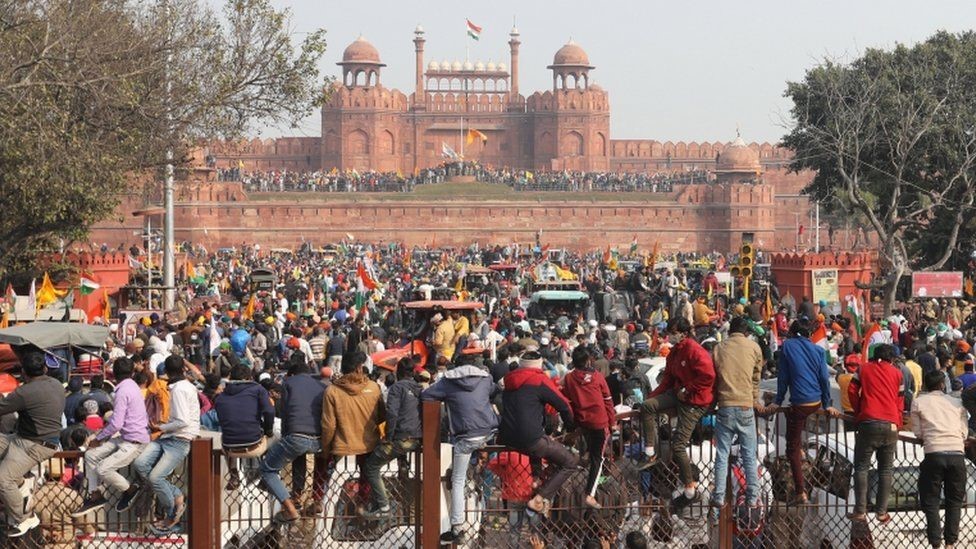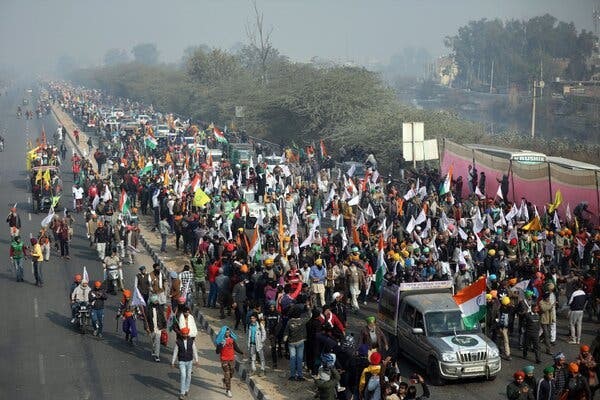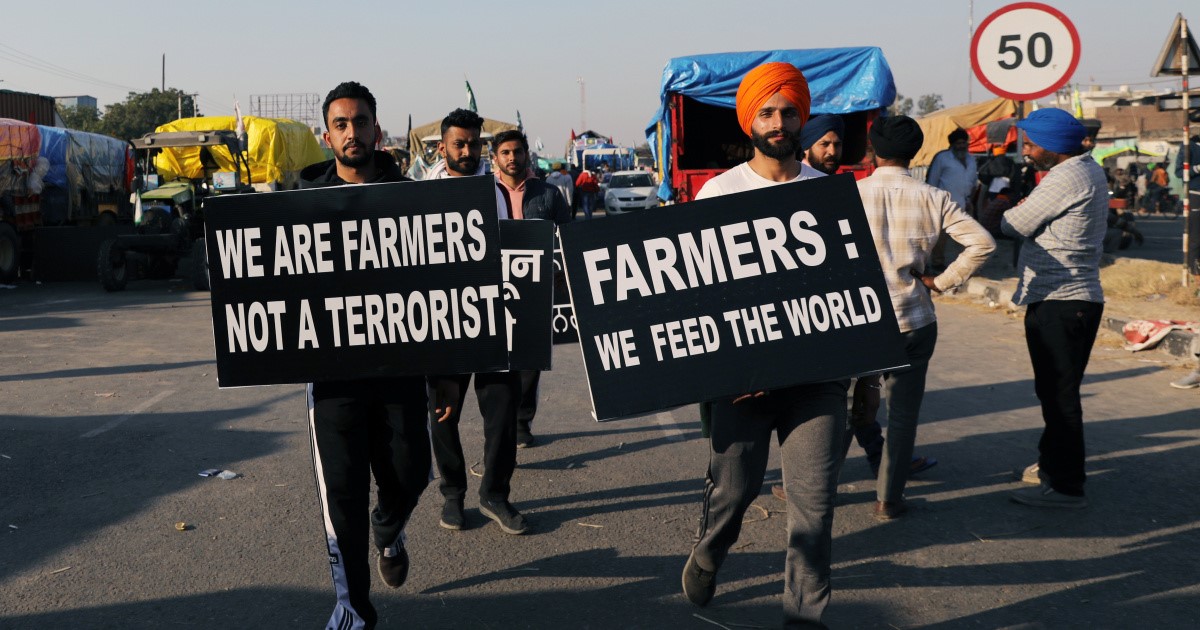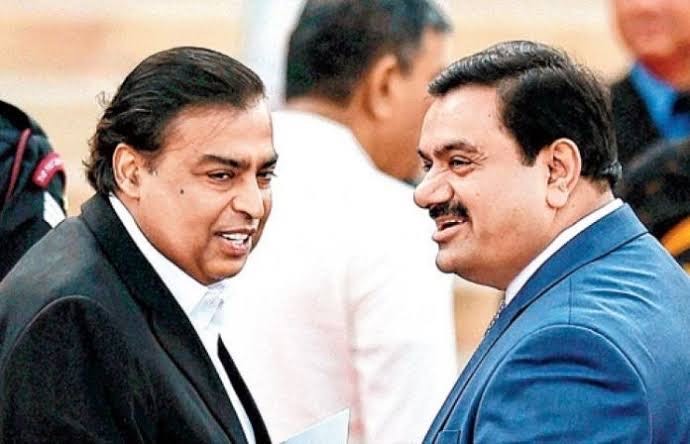America’s Biggest Owner of Farmland is Bill Gates
Why are billionaires buying farmland globally?
by
Robert Gorter, MD, PhD., Guru Brar, Msc, and Ariel Shapiro, et al.

Bill Gates, the fourth richest person in the world and a self-described nerd who is known for his early programming skills rather than his love of the outdoors, has been quietly snatching up 242,000 acres of farmland across the U.S. — enough to make him the top private farmland owner in America.
After years of reports that he was purchasing agricultural land in places like Florida and Washington, The Land Report revealed that Gates, who has a net worth of nearly $121 billion according to Forbes, has built up a massive farmland portfolio spanning 18 states. His largest holdings are in Louisiana (69,071 acres), Arkansas (47,927 acres) and Nebraska (20,588 acres). Additionally, he has a stake in 25,750 acres of transitional land on the west side of Phoenix, Arizona, which is being developed as a new suburb.
According to The Land Report’s research, the land is held directly and through third-party entities by Cascade Investments, Gates’ personal investment vehicle. Cascade’s other investments include food-safety company Ecolab, used-car retailer Vroom and Canadian National Railway.
While it may be surprising that a tech billionaire would also be the biggest farmland owner in the country, this is not Gates’ only foray into agriculture. In 2008, the Bill and Melinda Gates Foundation announced $306 million in grants to promote high-yield, sustainable agriculture among smallholder farmers in sub-Saharan Africa and South Asia. The foundation has further invested in the development and proliferation of “super crops” resistant to climate change and higher-yield dairy cows. Last year, the organization announced Gates Ag One, a nonprofit to advance those efforts.
It is not entirely clear how Gates’ farmland is being used, or whether any of the land is being set aside for conservation. (Cascade did not return Forbes’ request for comment.) However, there is some indication that the land could be used in a way that aligns with the foundation’s values. Cottonwood Ag Management, a subsidiary of Cascade, is a member of Leading Harvest, a nonprofit that promotes sustainable agriculture standards that prioritize protections of crops, soil and water resources.
Gates is not the only billionaire on The Land Report’s list of top private farmland owners. Wonderful Company cofounders Stewart and Lynda Resnick (net worth: $7.1 billion) ranked number three with 190,000 acres. Their farmland produces the goods for their brands including POM Wonderful, Wonderful Pistachios and Wonderful Halos mandarins.
While Gates may be the country’s biggest farmland owner, he by no means is the largest individual landowner. In its list of 100 top American landowners, The Land Report gives the top spot to Liberty Media Chair John Malone, who owns 2.2 million acres of ranches and forests. CNN founder Ted Turner ranked number three with 2 million acres of ranch land across eight states. Even Amazon CEO Jeff Bezos is investing in land on a large scale, landing the 25th spot with his ownership of 420,000 acres, mainly in west Texas.
Why are billionaires all over the world buying (farming-)land? Because of this reason, since September 2020, millions of famers are fighting for their existence in a nationwide protest.

Under the previous laws, farmers had to sell their goods at auction at their state’s Agricultural Produce Market Committee, where they were guaranteed to receive at least the government-agreed minimum price. There were restrictions on who could buy, and prices were capped for essential commodities.
Three new laws, initiated by the government of Prime Minister Narendra Modi, dismantled this committee structure, instead allowing farmers to sell their goods to anyone for any price.
Modi says this gives farmers more freedom to do things such as sell directly to buyers without a middle man, and sell to other states or large grocery chains.
But many farmers argue the laws will allow big companies to drive down prices. While farmers could sell crops at higher prices if the demand is there, conversely, they could struggle to meet the minimum price in years when there is too much supply.
Why is this also a political issue?
This isn’t the first time that large protests have rocked India, the world’s largest democracy — but this time, it poses a unique challenge for Modi.

Agriculture is the primary source of livelihood for about 58% of India’s 1.3 billion residents, and farmers are the biggest voter bloc in the country, making farming a central political issue. Angering the farmers could see Modi lose a significant chunk of votes at the next general election in 2024.
Modi and his ruling Bharatiya Janata Party (BJP) have tried to win over farmers with a number of policy proposals in recent years. In 2014, the BJP said all crop prices should be fixed at a minimum of 50% higher than production costs. And in 2016, Modi set a target of doubling the income of farmers by 2022.
The government insists that the new laws are a good thing, since increasing market competition could boost farmers’ income. Modi says the new laws could also open India’s agricultural industry to global markets, and attract private investment.
“These reforms have not only served to unshackle our farmers but also given them new rights and opportunities,” Modi said in November.

The background is that through the new Farmers’ Bill the Modi government handed over the sole rights to buy and sell crop and do the distribution to essentially two Indian Billionaires (they are business partners and Mukesh Ambani, is the richest man of Asia). It comes down to nationalization (expropriation) of all farming land in India but step by step and by ca. 2028, all land would have been expropriated.
This would happen: Mukesh Ambani et al. would set the price of all crops and for sure, step by step, it would be lower and lower. Mukesh Ambani offered to farmers, that if they would get into financial problems, he would offer loans (mortgages) against their farms…. But if they could not meet the conditions of the loans, he would take their farms. This process is very familiar to farmers in India as it waters down to land grab.
One could also see this as part of Agenda 2030: by then, no one would have private property anymore and the farmers would work on their farms for the very few (the “Elite”).

(l) Mukesh Dhirubhai Ambani, the richest man of Asia and (r) his business partner Gautam Shantilal Adani